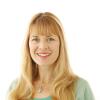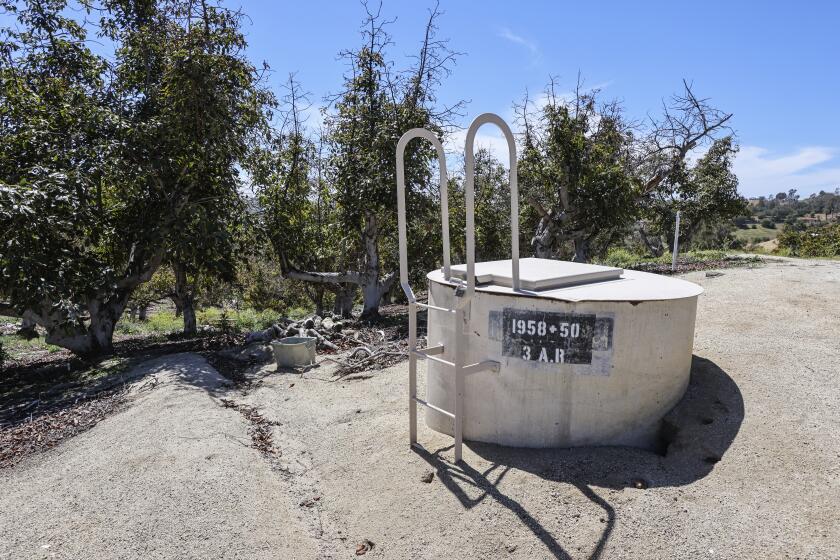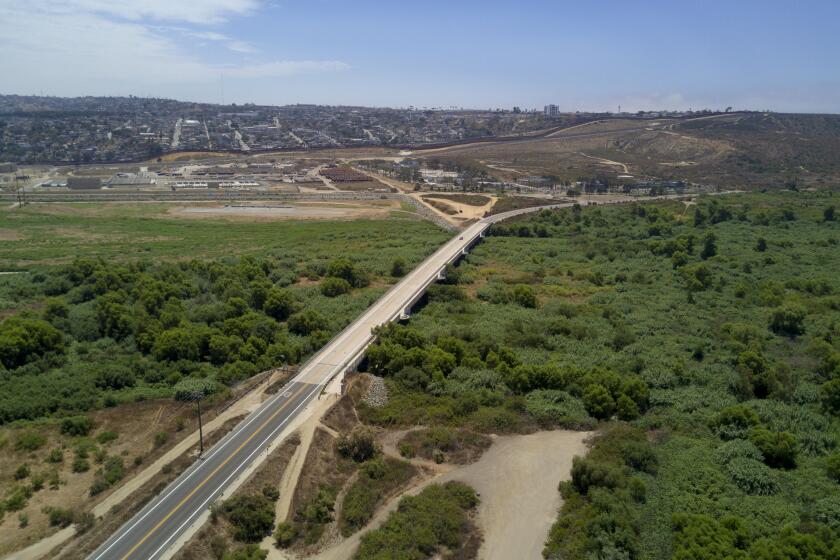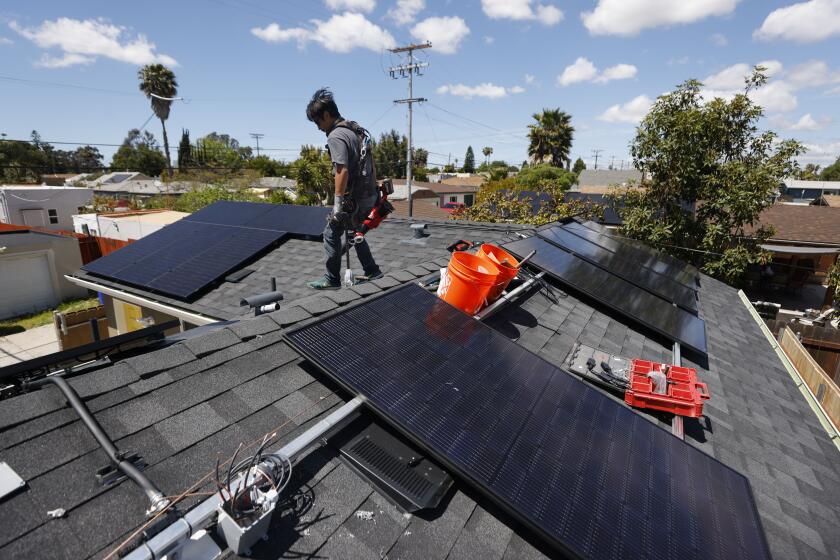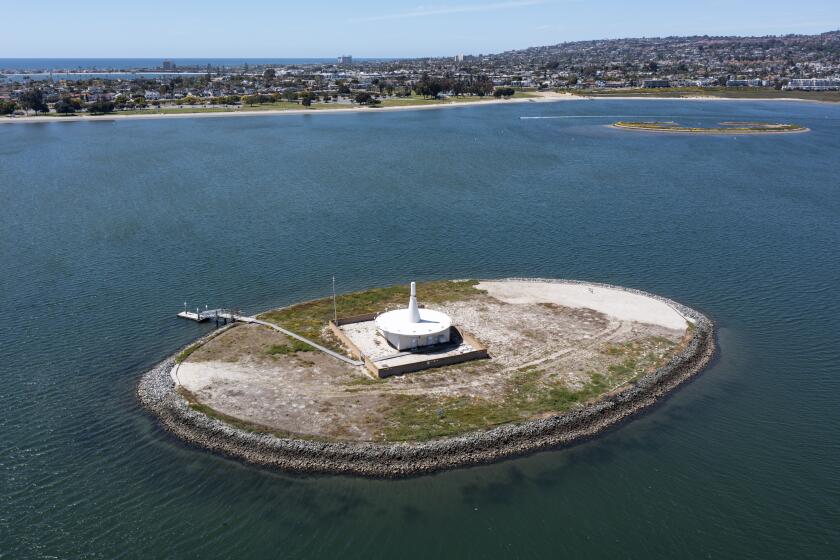Appeals court rejects SANDAG plan
A transportation plan for the San Diego region lacks details about how future projects might worsen climate change and air quality — and fails to offer ways to address those problems, a state appeals court ruled Monday.
By a 2-1 vote, a panel of the California Court of Appeal, Fourth Appellate District rejected the environmental analysis for a $200 billion transportation plan prepared by the San Diego Association of Governments, or SANDAG, concluding that it downplayed harmful effects of future transportation projects.
The court found that the transportation blueprint glossed over projections that climate pollutants would increase sharply by 2050. Doing so conflicts with state directives to lower emissions by then, and with a state law that requires agencies to disclose and reduce the environmental risks of proposed projects, the court stated.
“We are upholding the right of the public and our public officials to be well-informed about the potential environmental consequences of their planning decisions, which (the California Environmental Quality Act) requires and the public deserves, before approving long-term plans that may have irreversible environmental impacts,” the ruling said.
SANDAG officials issued a statement contending that it followed directions from the state regarding greenhouse gas emissions, and that it formulated the transportation plan amid ambiguous state laws.
The agency also characterized Monday’s ruling as a split decision, pointing out that one judge wrote in a dissenting opinion that its environmental review followed state law.
SANDAG didn’t comment on whether it intends to appeal the latest court decision.
It had brought the first appeal after the Sierra Club, Center for Biological Diversity, Cleveland National Forest Foundation, Affordable Housing Coalition of San Diego, CREED-21 and other organizations won a 2012 challenge against the $200 billion road map for regional transportation.
Those groups said under the plan, San Diego would reduce certain emissions until 2020, mostly thanks to improvements mandated by state fuel laws. But afterward, those emissions would climb again, and the region would emit nearly 34 million metric tons of greenhouse gases by 2050 — nearly seven times more than the state standard, said Kevin Bundy, a senior attorney with the Center for Biological Diversity.
While the plan acknowledged the increased emissions, it downplayed their impacts on climate change and public health, the environmental groups argued. It also lacked a comprehensive look at options for reducing such pollution, they said.
“Here you’ve got a long-term plan that causes emissions to go up over the same time period in which state policy and climate science say it needs to be going down,” Bundy said. “The public needs to know that, and policymakers need to confront that, to make sound decisions.”
Kathryn Phillips, director of Sierra Club California, said Monday’s ruling “gives a very strong signal to SANDAG that they need to go back to the drawing board, and they need to give San Diegans a better regional transportation plan — one that actually invests in transit and reduces dependence on automobiles.”
The new ruling follows an appellate court decision last month that scuttled San Diego County government’s climate action plan.
In that case, a panel of the California Court of Appeal, Fourth Appellate District upheld a San Diego County judge’s findings in a lawsuit brought by the Sierra Club. The group had argued that the county’s plan lacked the necessary specifics and enforcement mechanism to reduce greenhouse emissions.
Get Essential San Diego, weekday mornings
Get top headlines from the Union-Tribune in your inbox weekday mornings, including top news, local, sports, business, entertainment and opinion.
You may occasionally receive promotional content from the San Diego Union-Tribune.
